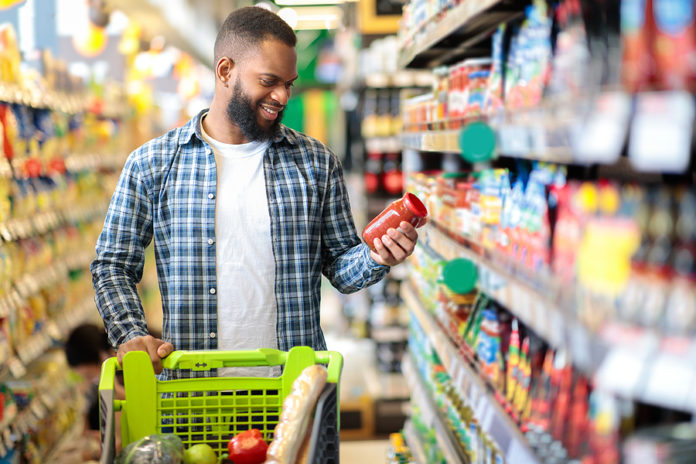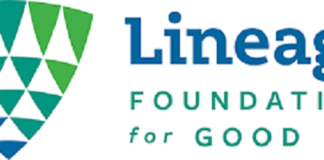
As inflation takes its toll on grocery budgets, new research from Attest reveals that many consumers have solidified their preference for private-label brands. Attest surveyed 2,000 U.S. consumers, finding that more than half (58%) are “very likely” to buy from private-label brands as opposed to more expensive big-name brands, while 27% are “somewhat likely.” Only 4% are “unlikely” to buy private-label.
Taking it a step further, 74% would make the switch from big-name brands permanent, noting they would “definitely” (34%) or “probably” (40%) continue purchasing private-label if price was no longer a concern. Only 9% wouldn’t keep buying private-label products.
When choosing where to shop these days, most American consumers are chasing value. The majority (89%) are likely to go bargain hunting when grocery shopping, including looking at advertisements (58%), visiting different supermarkets (42%), and checking online (34%) to find out where the best deals are. Most consumers (63%) say low prices are most likely to motivate them to choose a specific supermarket, while high prices or a lack of deals have driven consumers away from certain retailers completely.
Product discounts are most likely to incentivize food and beverage purchases compared to other offers like buy-one-get-one deals, pre-inflation price freezes, and extra loyalty points. But those discounts don’t have to be significant — nearly 30% of consumers would bite on a minimum discount of 20%, 22% would buy a product with a 30% discount, and 19% would be persuaded by a discount of 10% or less.
In their search for value, consumers are becoming long-term fans of private-label. But some are unwilling to make the switch, most likely because they’re still able to afford trusted household brands (29%). Some also report that private-label products don’t taste as good (28%) or have lower quality ingredients (25%).
But, overall, private-label brands are thriving under current economic conditions. “American shoppers have changed in behavior and have acquired a real taste for private-label brands due to inflation’s impact on the cost of grocery and household products,” said Jeremy King, CEO and founder of Attest. “This poses a significant challenge to well-known brands that can’t compete on price and who may end up the losers here as these shifts in shopping habits may be permanent for several important sub-segments.”
See Attest’s full 2023 U.S. Food & Beverage Trends report for more insights.








